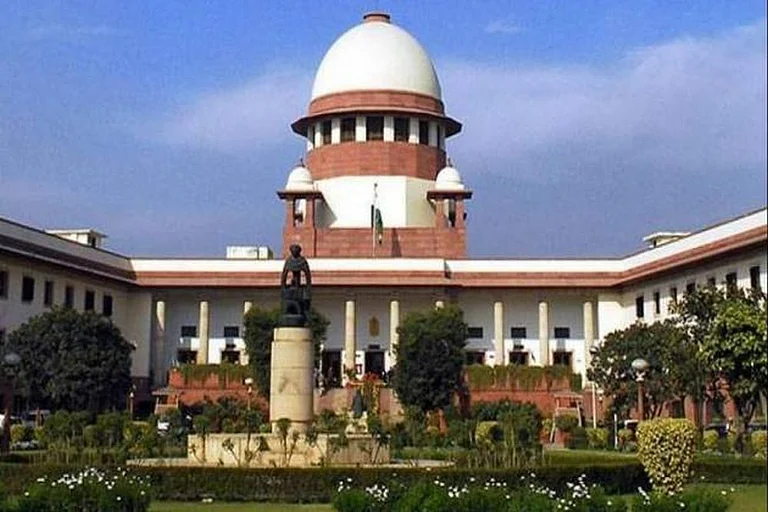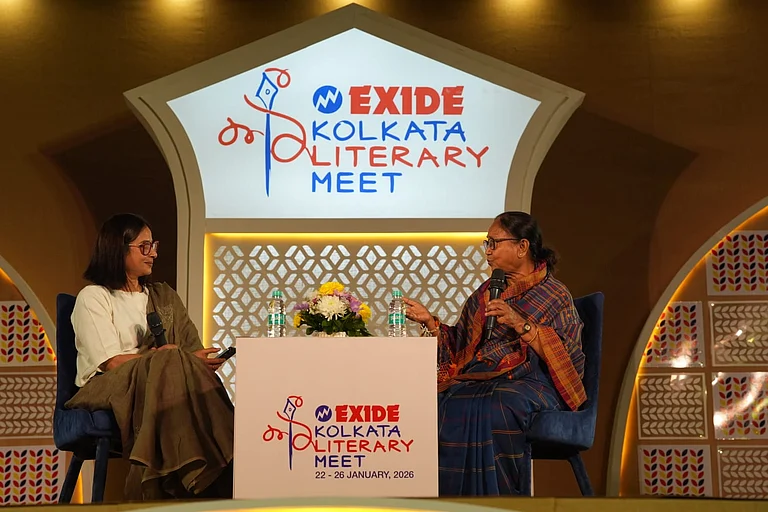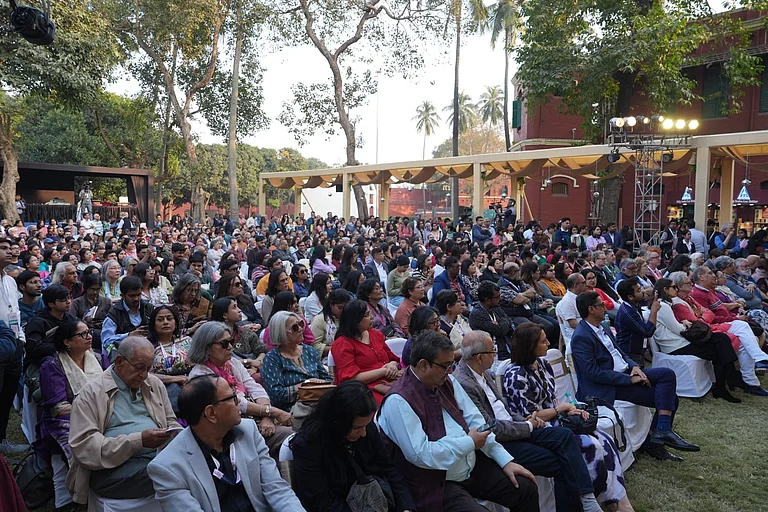
Banu Mushtaq’s collection of short stories Heart Lamp won the Booker Prize this year, and solidified a major trend in Indian literature of women’s writing being featured more.
August is Women in Translation Month and this year several works by Indian authors have been featured alongside international titles.
Still, women-authored translations remain under-represented in English-language lists.
When Banu Mushtaq’s collection of short stories Heart Lamp won the Booker Prize this year, it crystallised a major trend in Indian literature— the increased visibility of India’s women vernacular-language writers and their translators. While, for a long time, such authors were hampered by language-barriers and limited interest in vernacular work from the Indian literary scene, times are a changing.
The Booker Prize win Heart Lamp, Mushtaq’s collection of Kannada short stories was translated into English by Deepa Bhasthi. The translator and author split the prize money, another move that signals the growing acknowledgement for a translator’s work as literary labour. The win has been widely hailed as a milestone for both Kannada literature and translators who showcase regional voices for the world.
There has been, of late, some effort within the Indian literati to prioritise women’s writings across many languages. The Ashoka Centre for Translation and Zubaan Publishers launched the Women Translating Women project; It is supported by the Susham Bedi Memorial Fund, and operates in two 12-month-long cycles. The idea is to bring forward more voices of women writing in Indian languages.
This also dovetails well with a broader international push for women’s work, especially translations. August is Women in Translation Month and this year several works by Indian authors have been featured alongside international titles. Campaigns by PEN, CLMP and other bodies have helped bookstores and libraries spotlight books written and translated by women.
Still, women-authored translations remain under-represented in English-language lists. Translators and editors say that recognition must go beyond prizes and short-lived campaigns. They want longer-term investments into translation residencies, better pay and rights for translators, and distribution strategies that place translated books in mainstream outlets rather than niche shelves.
In its June 13, 2022 issue Reflections, Outlook magazine explored the world of literary translations and its limitations in India.
Nawaid Anjum wrote about how the International Booker Prize for Geetanjali Shree's Ret Samadhi put the spotlight on literature and translations, but for publishers, they often fail to even provide the necessary breathing space to stay afloat. For a majority of publishing houses, both indie and big, translation work has to be subsidised.
Zubaan founder Urvashi Butalia wrote about the struggles of translations. She noted that for years, Indian publishers have sought government help that will allow them to pay translators a decent wage for their work so that literature can speak beyond the borders.
V Ramaswamy wrote on what drives people towards translations. “Like some people are driven to write, some people are driven to translate out of an urge to share something of literary value,' says Ramaswamy who began translating accidentally in 2005.
And Snigdhendu Bhattacharya wrote on Bengali dominance among other Indian languages when it came to literature translated into other languages. Meanwhile Annie Montaut wrote about her experience translating the Booker Prize winning Geetanjali Shree novel. “It will be more present in the storefront of book-sellers. And after it, other books translated from the bhashas,” she says.


























